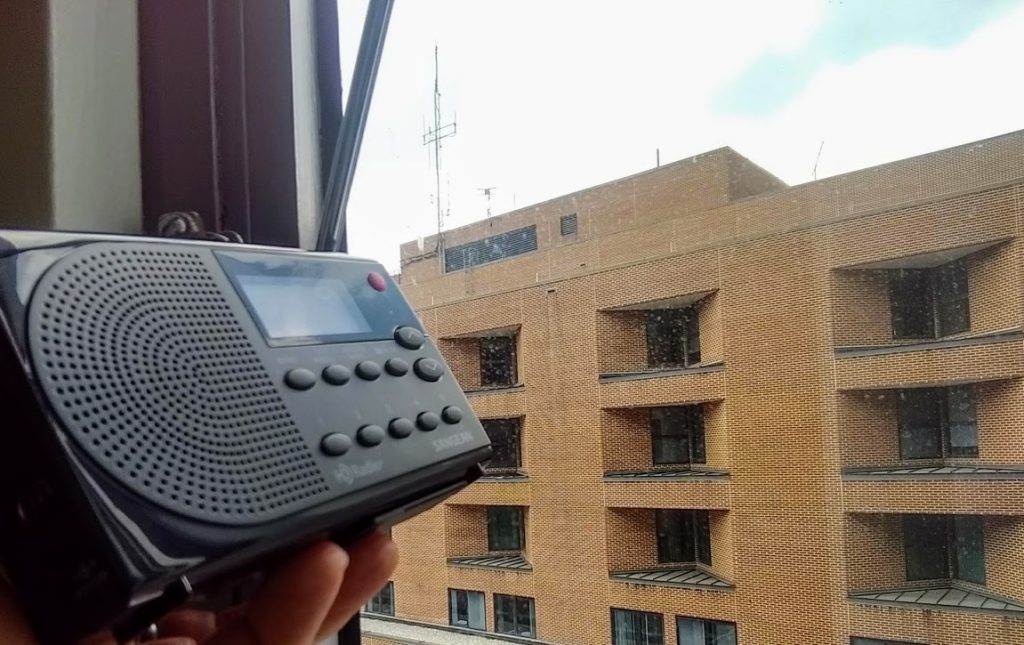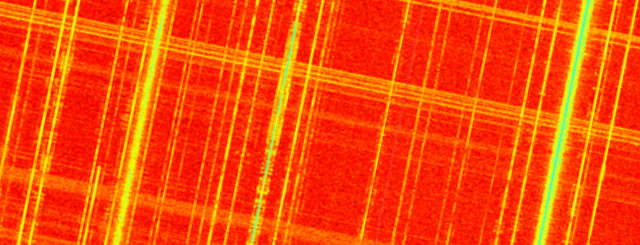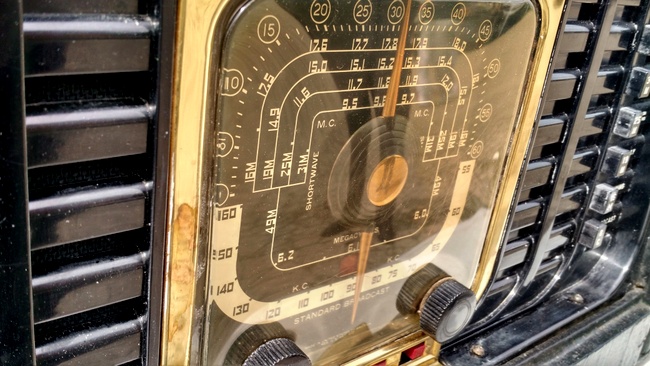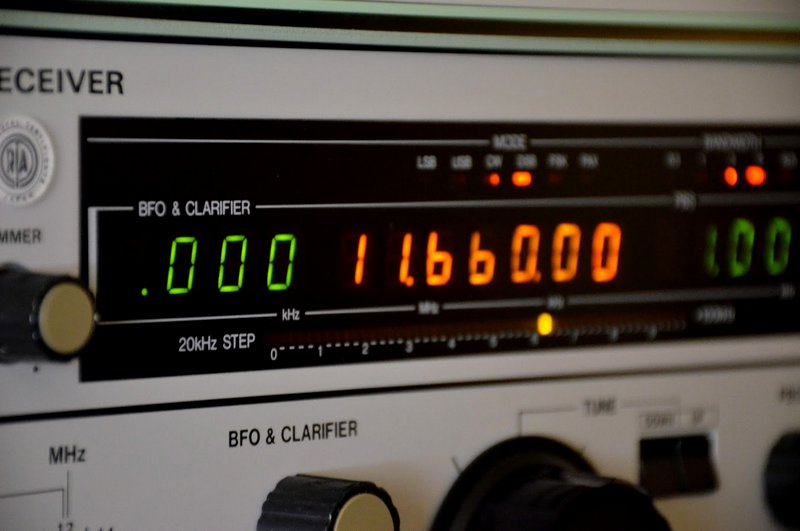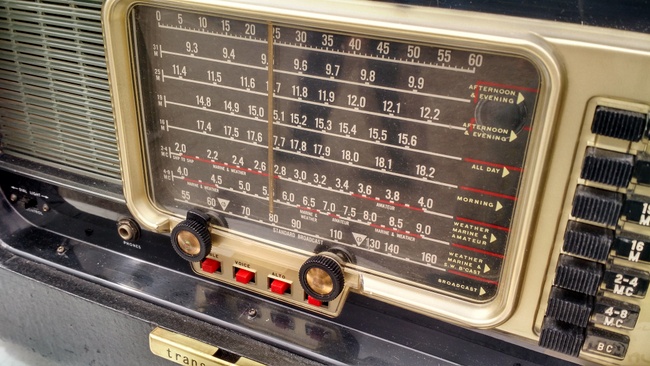Many of you might remember Allen Willie’s story from our SWLing Post “Listener Posts” collection.
On Sunday, Allen shared the following note with his radio friends. He has kindly given me permission to post it here because, frankly, it’s a most impressive accomplishment from an amazing life-long radio listener:
Fifty years ago today ( June 17, 1968 )
My radio DXing journey began in my hometown of Lacombe, Alberta here in Canada .
Throughout the following years since that day I have been involved in a number of different modes of DXing. From Medium Wave (AM), Ultralight Radio DXing, Shortwave , FM radio , Ham Radio Listening and even TV DXing for a number of years,
They have all played a wonderful part in my DXing enjoyment over the past half century.
My first evening of DXing began on the AM (Medium Wave) radio dial as I logged 560 KMON Great Falls, Montana for my first DX catch. The rest as they say is history and was to remain a lifelong enjoyment in such a great hobby.
Here is a list of some of my DX totals I have been fortunate to achieve in certain categories of DXing from both Alberta and Newfoundland:
- Heard all 7 Continents via radio overall
- Heard all 195 countries on earth via radio overall
- Heard all 50 USA States via radio overall
- Heard all 10 Canadian provinces and 3 territories via radio overall
- Heard 1820 stations on AM (Medium Wave) radio from within Newfoundland
- Heard 787 stations on AM (Medium Wave) radio from within Alberta
- Heard 5 Continents on AM (Medium Wave) radio from within Newfoundland
- Heard 123 Countries on AM (Medium Wave ) and Ultralight radio from within Newfoundland
- Heard 48 / 50 USA States on AM (Medium Wave ) radio from within Newfoundland
- Heard all 10 Canadian provinces and 2 Territories on AM (Medium Wave ) radio from within Newfoundland
- Heard 1712 Medium Wave (AM) stations on Ultralight Radios
- Heard 607 FM DX stations from within Alberta
- Logged 109 DX Television Stations (non-local) from within Alberta
Countries heard on Shortwave: 179 from within Alberta
Logged 334 stations from within Newfoundland
- DXCC Ham Radio Countries heard 338/340 from within Alberta and Newfoundland overall.
- Heard All 50 US States on Ham radio from within Alberta and Newfoundland both.
- Heard All 10 Canadian Provinces / 3 Territories on Ham radio from within Alberta and Newfoundland both
Looking forward to Year 51 ahead and many more in the hobby!!
Allen Willie VO1-001-SWL / VOPC1AA
Carbonear, Newfoundland
Bravo, Allen! Those are most impressive accomplishments! That took a lot of time, patience and radio fun. Here’s to 51 and onward!


